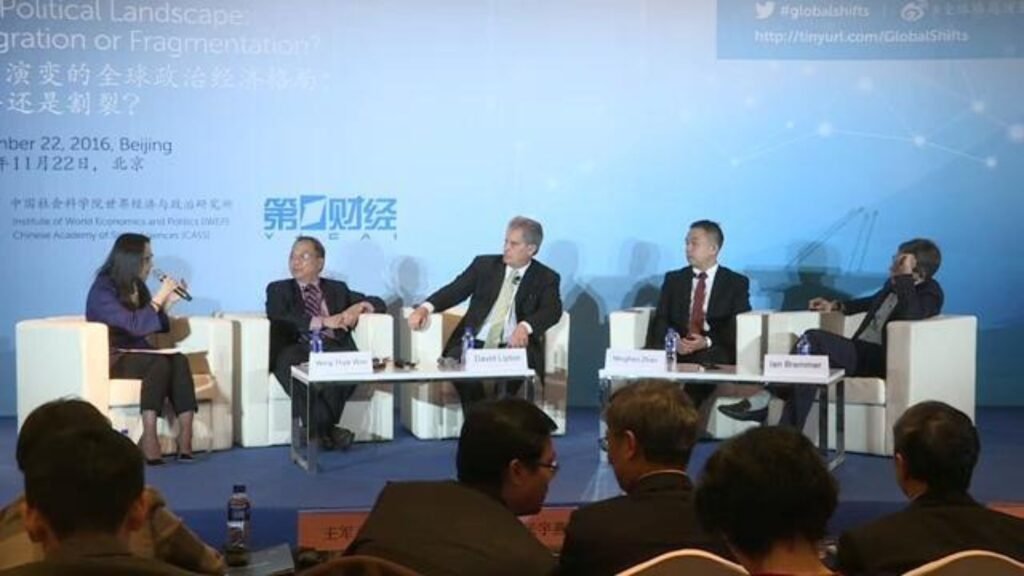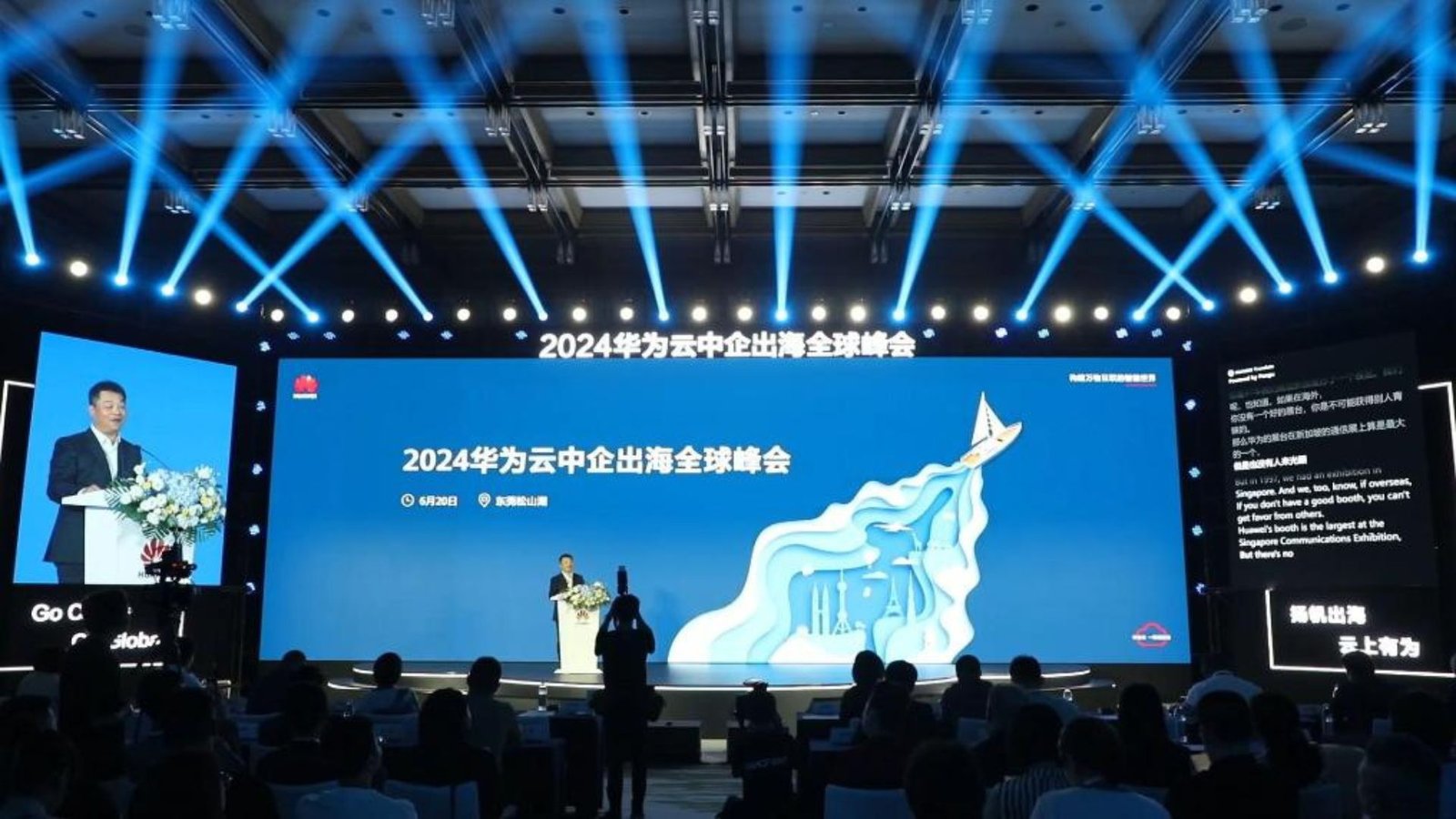The global political landscape today is changing rapidly. Many trends are influencing how countries interact and make decisions. These trends are reshaping international relations and affecting global stability. In this blog post, we will explore some of the key trends shaping the global political landscape today.

The Rise of Nationalism
One major trend is the rise of nationalism. Nationalism is when people feel a strong connection to their country and prioritize its interests over others. This trend is shaping the global political landscape today because it is making countries more focused on their own needs rather than working together. For example, some countries are pulling out of international agreements or trade deals to protect their own interests. This can create conflicts and make cooperation more difficult.
The Influence of Technology
Another trend influencing the global political landscape today is technology. Technology is changing how people communicate and access information. Social media, for example, allows people to share their opinions quickly and widely. This can impact politics by spreading ideas and influencing public opinion. Additionally, technology can be used for both positive and negative purposes. For instance, it can help organize movements for change or, on the other hand, be used to spread misinformation. Therefore, technology plays a significant role in shaping the global political landscape today.
The Shift in Global Power
The shift in global power is also a key trend. Historically, some countries, like the United States, have been dominant on the world stage. However, this is changing. Emerging economies, such as China and India, are gaining more influence. As these countries grow economically and politically, they are playing a larger role in global affairs. This shift affects international relations and can lead to changes in how global policies are made. Consequently, the global political landscape today is becoming more multipolar, with various countries having significant influence.
Environmental Issues
Environmental issues are another important trend affecting the global political landscape today. Climate change, pollution, and other environmental challenges are becoming more urgent. Countries are increasingly recognizing the need to address these issues through international cooperation. For instance, global summits and agreements aim to tackle climate change and promote sustainable practices. As a result, environmental issues are driving new policies and collaborations, impacting global politics and relations.
Economic Inequality
Economic inequality is also shaping the global political landscape today. Many countries are dealing with large gaps between rich and poor. This inequality can lead to social unrest and impact political stability. Governments are often pressured to address these issues through reforms and policies. Moreover, economic inequality can affect international relations, as countries with economic challenges may seek support or create alliances to improve their situation. Thus, addressing economic inequality is crucial for maintaining global stability and shaping political decisions.
Conclusion
In summary, several trends are shaping the global political landscape today. Nationalism, technology, the shift in global power, environmental issues, and economic inequality all play important roles. These trends impact how countries interact and influence global policies. Understanding these trends helps us grasp the complexities of international relations and the future of global politics. As the global political landscape continues to evolve, staying informed about these trends is essential for navigating the changes and challenges ahead.




